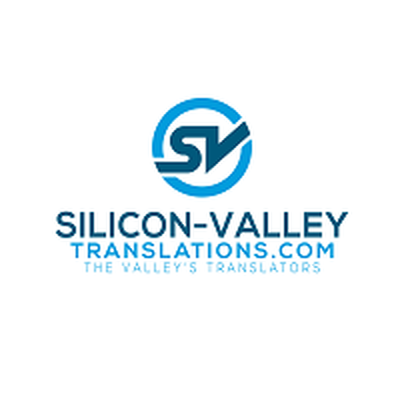More from Silicon Valley Translation
More in Politics
Related Blogs
أرشيف
حصة الاجتماعي
What is the Need for Software Translation Service Provider?
منشور من طرف Silicon Valley Translation
الجسم
Software goods are already commonplace tools for both consumers and enterprises in today's globalized industry. Software products, ranging from business solutions and mobile applications to productivity software, are distributed globally, catering to a wide range of language and cultural consumers. However, precise and culturally appropriate translation is necessary if these items are to flourish in global marketplaces. Software translation service providers are essential in this situation.
Overcoming Language Barriers:
Overcoming language barriers is one of the most evident demands for software translation service providers. Not every user speaks English or the original language used to create the product. These service providers facilitate the successful use of software by translating its menus, error messages, dialog boxes, and interfaces into many languages, therefore enabling users from diverse linguistic backgrounds.
Improving User Experience:
The success of any software product is directly related to user experience, or UX. Users may become frustrated and stop using the program as a result of poorly translated or missing text. Providers of software translation services make sure that the user interface is translated accurately and consistently between languages. This raises user satisfaction and improves the overall user experience.
Meeting Regulatory Requirements:
Adherence to regulatory standards is an unavoidable need in several areas, such as the legal, financial, and healthcare sectors. Regulatory bodies have demanded that software products used in various areas conform to certain linguistic criteria. Providers of software translation services are prepared to manage these kinds of demands, guaranteeing that the translated material satisfies legal requirements and reduces the legal risks connected with noncompliance.
Expanding Market Reach:
Localization is essential for software firms who want to reach a worldwide audience. By customizing the program to the cultural norms, preferences, and expectations of the intended audience, localization surpasses translation. Software translation service providers work with localization specialists and native speakers of the target language who are aware of cultural sensitivity and regional idioms. By doing this, you can be confident that the program will appeal to the intended user base and get more traction in the market.
Preserving the Brand Image:
A company's reputation may be easily damaged by bad translation or cultural insensitivity in today's hyperconnected environment. By providing excellent translations that demonstrate the company's dedication to excellence and respect for other cultures, software translation service providers assist businesses in maintaining the reputation of their brands. These service providers help foreign users gain confidence and credibility by preserving language and cultural purity.
Fostering International Collaboration:
Collaboration and productivity in multinational firms with dispersed teams across several nations and regions are contingent upon efficient communication. By translating communication tools, project management software, and collaboration platforms into numerous languages, software translation service providers enable worldwide cooperation. This promotes creativity and synergy by enabling teams to collaborate easily across boundaries.
In today's worldwide society, the need for software translation service providers cannot be emphasized. These service providers are essential to helping software firms succeed in global markets because they do everything from bridging language barriers and improving user experience to complying with regulations and reaching new customers. Businesses may successfully convey their message, gain the trust of their clients, and promote worldwide company growth by investing in competent translation services.












تعليقات